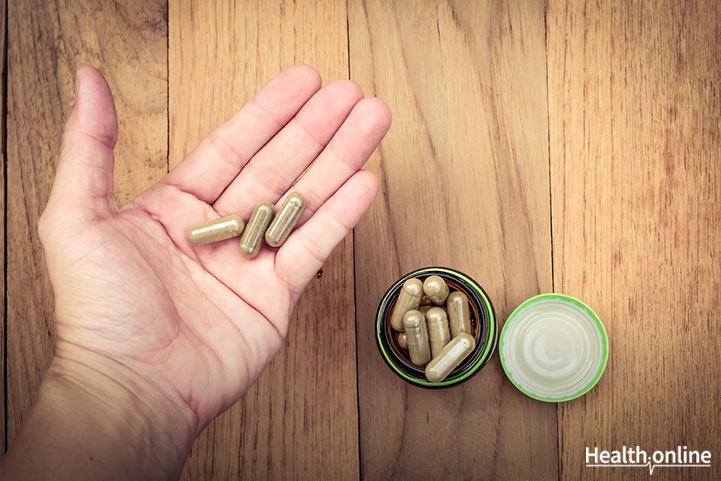
Natural Remedies for Constipation
Nutritional
- Increase fibers in your diet
To avoid constipation, consume fiber via fruits, vegetables, and cereals. It is suggested that you take around 20-30 grams of fiber per day. You can work with a nutritionist on how to consume enough fiber in your diet. There are also resources online that will tell you how much fiber is in food, and you can use that reference to calculate how much fiber you ate in a day. - Increase your fluid intake
When you travel long distances or are busy at work, you may not drink as much water as you need to. This can cause constipation. To provide yourself with adequate water even if you are traveling or working, you should always have a container for drinking water beside you as a reminder. Drinking plenty of water, around 8 glasses per day, is good not only for constipation but many other health concerns such as dry skin. - Increase your intake of foods rich in potassium
If you experience constipation, eat foods rich in potassium, such as mushrooms, sweet potatoes, yogurt, prunes and prune juice, carrot juice, soybeans, bananas, oranges, melons, and peaches. Make sure to speak with your medical provider about how much potassium is recommended for you. Those with underlying heart conditions, for instance, may need to limit how much potassium they eat, as too much can cause heart arrhythmias.
Mobility and physical exercises
- Regular physical exercises
To avoid constipation, it is advisable that you have a physical exercise program. If possible, 30-minutes of exercise per day is recommended. If your schedule is so tight that you cannot implement a regimen of regular physical exercises, find simple and practical ways of participating in physical activities, such as walking to your place of work and taking the stairs whenever the option presents itself.
Changes in lifestyle
- Schedule your bowel movement
It will help if you have a regular time to have your bowel movement. If you are used to having your bowel movement at a particular time, then without your knowing, you will spontaneously feel the urge to defecate at around the same time. - Go when you feel the urge
As much as possible, do not delay defecation when you feel the urge to have it. If you delay, there is a great possibility that the urge disappears and you will forget to defecate. - Periodic abdominal massage
For the elderly, it will help if you have a periodic abdominal massage. This will help the movement of your feces in your intestines, promoting defecation. - Avoid some drugs
If you start to experience constipation after taking a particular kind of drug(s), then examine them closely, and find out what are their side-effects. It is possible that one of the drugs that you are taking is causing your constipation. The drugs that frequently cause constipation are antidepressants, painkillers, and antispasmodics. Examples of anti-depressants that could cause constipation are fluoxetine hydrochloride, clomipramine hydrochloride, duloxetine hydrochloride, sertraline hydrochloride, escitalopram oxalate, desvenlafaxine succinate, paroxetine hydrochloride, and trimipramine maleate.
Examples of painkillers that could cause constipation are the following: tramadol hydrochloride, fentanyl, hydromorphone, morphine sulfate, buprenorphine, butorphanol tartrate, and oxycodone hydrochloride.
Examples of antispasmodics that could cause constipation are the following: atropine sulfate, hyoscine-n-butylbromide, and dicycloverine hydrochloride.
If you are taking any one of the drugs mentioned above, then limit its use if you experience constipation.




